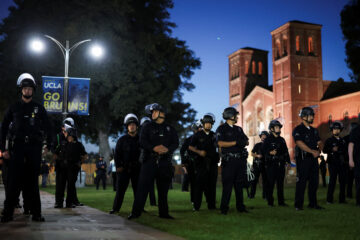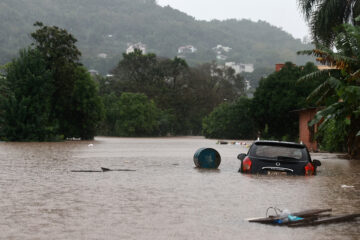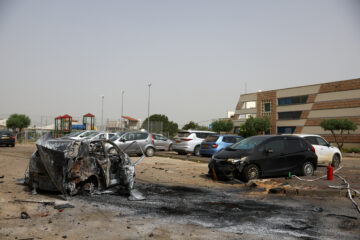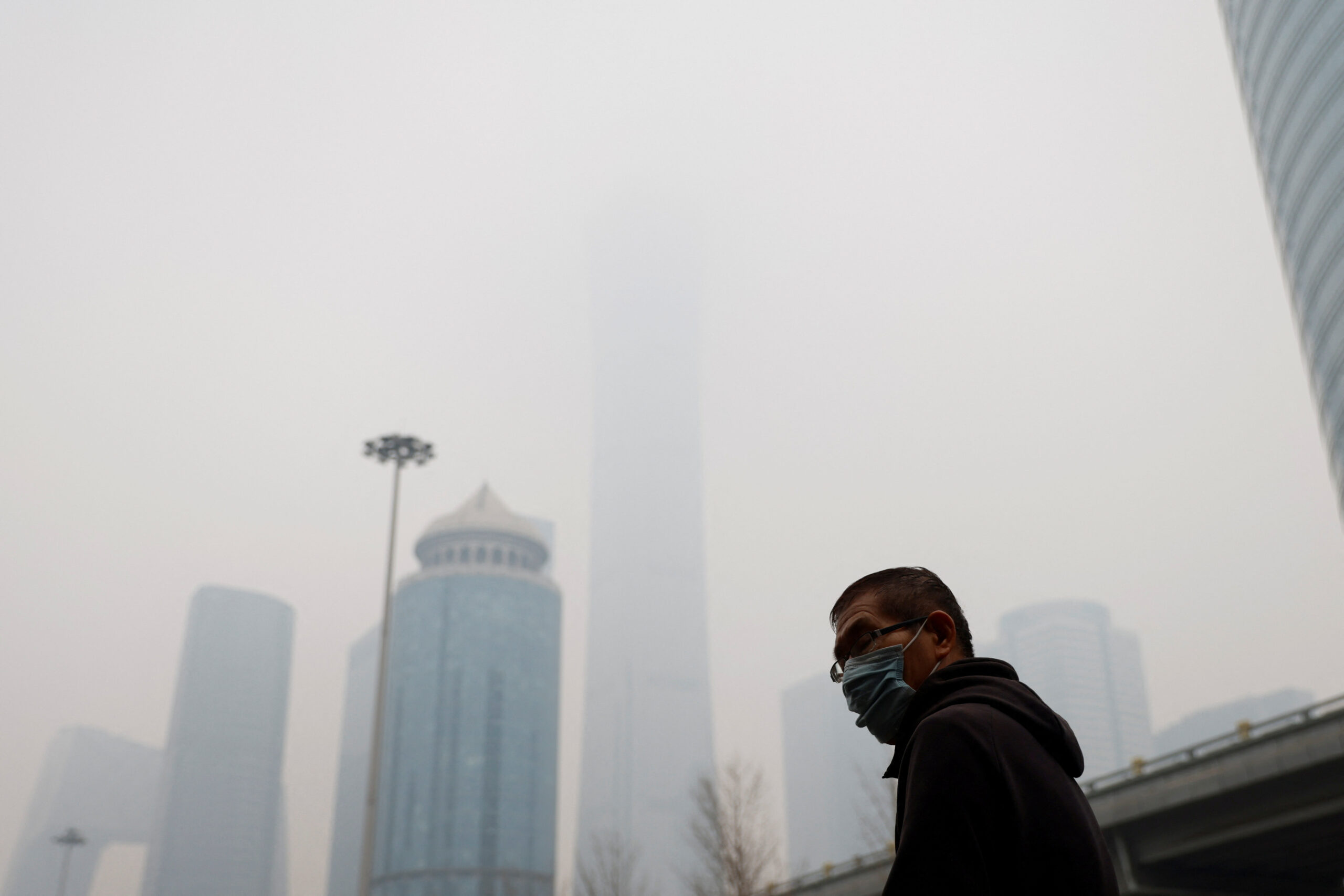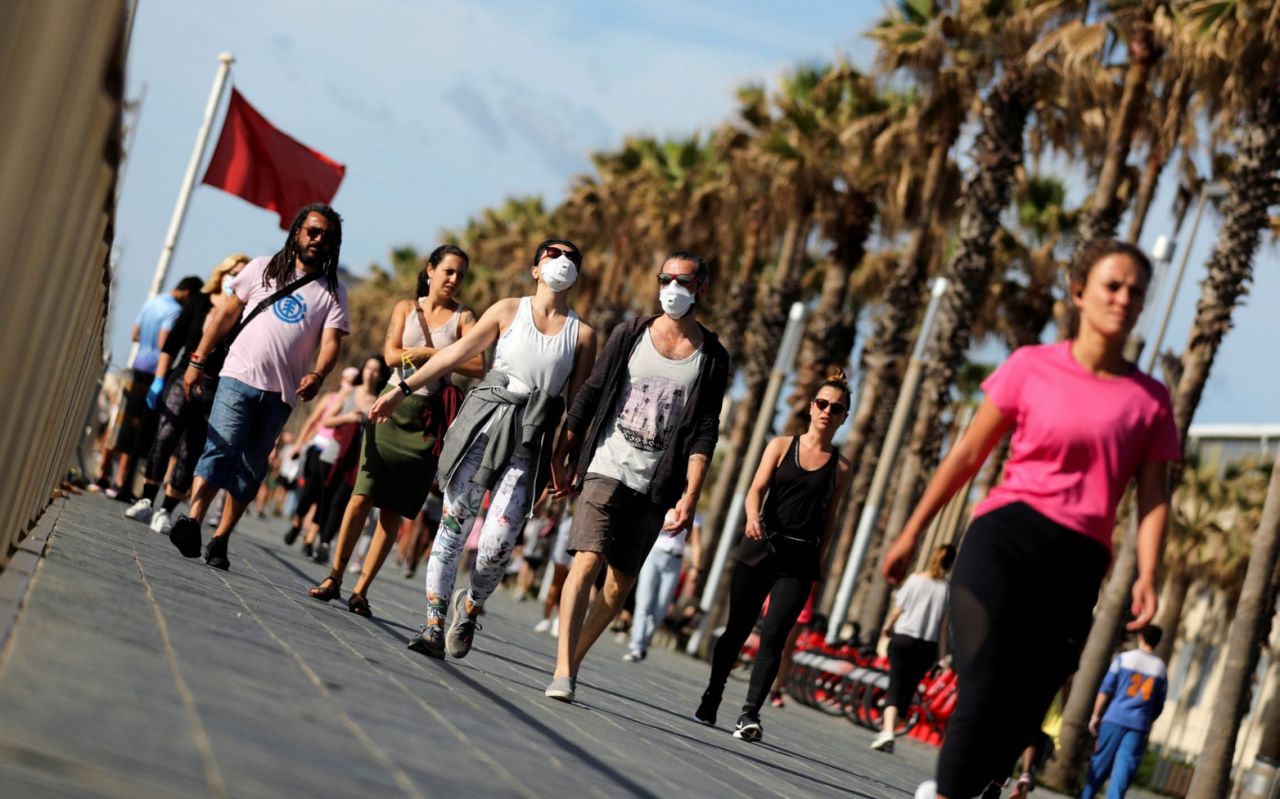Saudi-led air strikes hit Yemen after truce expires
Reuters
Saudi-led forces resumed military operations in Yemen after a five-day ceasefire ended late on Sunday, and Yemen\’s exiled government in Riyadh and the Iranian-allied Houthis blamed each other for a failure to renew the truce.
The ceasefire ended despite appeals by the United Nations and rights groups for extra time to allow badly needed humanitarian supplies into the country of 25 million, one of the poorest in the Middle East.
"That\’s what we said before – that if they start again, we will start again," Yemeni Foreign Minister Reyad Yassin Abdulla told Reuters.
He said the coalition was not considering any new ceasefire but would not target air and sea ports needed for aid shipments.
Saudi-led forces conducted three air strikes on Yemen\’s northern Saada province on Monday, according to Houthi media, which said Saudi forces had fired 70 rockets and artillery shells into north Yemen.
Saudi-owned al-Arabiya television reported heavy shelling by Saudi forces at Houthi outposts across the border after the fighters fired mortars at an army post in Saudi Arabia\’s southern Najran province.
Earlier in the day, residents said that warplanes struck the Houthi-held presidential palace in Yemen\’s southern port of Aden as well as groups of militiamen on the western and eastern approaches to the city and the international airport where Houthis and local fighters have been fighting.
There was no word on casualties.
Saudi Arabia and its Sunni Muslim allies have been conducting an offensive against the Houthis and units loyal to former president Ali Abdullah Saleh for more than seven weeks, saying the rebels are backed by Shi\’ite Muslim power Iran.
The campaign has yet to reverse the Houthis\’ advance into Aden and along battlefronts across Yemen\’s south, and diplomats say the group does not appear to be under enough pressure to force it into making political concessions.
A five-day truce that started on Tuesday night halted the air strikes and allowed humanitarian aid in.
U.S. Secretary of State John Kerry said Washington supported extending the truce, but that maneuvers by the Houthis made that difficult.
"It was always understood that if there were proactive moves by one side or another, then that would be in violation of the ceasefire arrangement," he said.
Saudi Foreign Minister Adel Al-Jubeir expressed "regret that the truce did not achieve its humanitarian goals" and held the Houthis responsible.
The Houthis said Saudi forces had conducted air strikes and artillery attacks across the border throughout the truce, which was denied by Brigadier General Ahmed Asseri, the coalition spokesman.
"We never conducted any, and I emphasize this, any strike in Yemen since we started the humanitarian pause," he told Reuters, adding that Saudi planes had flown reconnaissance missions to observe Houthi activity.
Asked if the coalition might consider another pause, he pointed to what he said were Houthi breaches of the truce and said: "You renew something when you find it positive, not when you find it negative. Our assessment was that the five days were negative."
Iran\’s foreign minister on Monday called on the United Nations to take on a more active role in Yemen, including establishing a presence on the ground to ensure that humanitarian aid could be distributed.
Two Iranian warships have begun escorting an Iranian cargo ship off Yemen\’s waters, the vessel\’s captain said in remarks published by Iran\’s Tasnim news agency.
The vessel is reportedly carrying aid to the Houthi-controlled port of Hodaida, but the Saudi-led coalition has imposed an arms embargo on Yemen\’s ports and air space and will likely block its path before its scheduled arrival on May 21.
Iran denies Saudi accusations it has armed the Houthis.
U.N. special envoy to Yemen Ismail Ould Cheikh Ahmed called on Sunday for the five-day ceasefire to be extended during a meeting of Yemeni parties in the capital Riyadh which the Houthis did not attend. The United Nations has called for all Yemeni parties to meet in Geneva on May 28.
Austrian energy group OMV on Monday declared force majeure for the blocks it operates in Yemen\’s central Masila oil field, effective April 23.
The company cited security reasons, after tribes believed to be linked to al Qaeda in the Arabian Peninsula (AQAP) seized much of the oil-rich area in Hadramout province last month. AQAP said in a series of Tweets on Sunday and Monday it had killed 42 Houthis in 10 attacks in Lahj, Shabwa and al-Bayda in southern and eastern areas of Yemen.
The U.N. Office for the Coordination of Humanitarian Affairs said on Saturday that 1,820 people had died in Yemen\’s conflict since March 19, 7,330 wounded and over half a million displaced.
SOURCE: REUTERS
[do_widget_area inner_adsbar]

